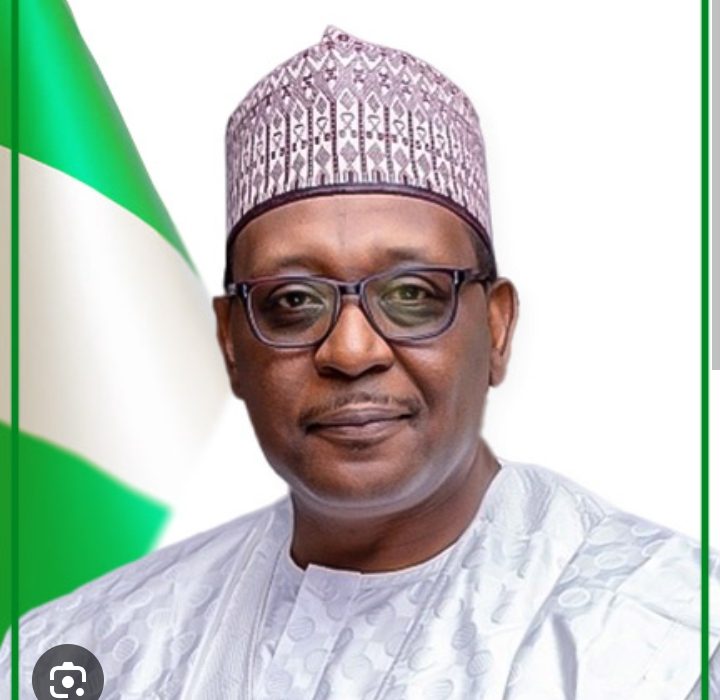The Federal Government of Nigeria has intensified its commitment to cancer control by launching an extensive capacity-building programme that has successfully trained 120 researchers in advanced oncological research methodologies, our correspondent learned yesterday.
The landmark initiative, implemented through the Federal Ministry of Health in collaboration with the Nigerian Cancer Research Network, represents a significant milestone in the nation’s fight against the growing cancer burden, which currently claims over 70,000 Nigerian lives annually.
Speaking at the certification ceremony held in Abuja, the Minister of Health, Dr. Tunji Alausa, emphasised the government’s dedication to evidence-based approaches in cancer management. “Our administration recognises that defeating cancer requires homegrown research tailored to our unique genetic and environmental factors. These 120 newly trained specialists will form the vanguard of Nigeria’s cancer research revolution,” he stated.
The comprehensive six-month training programme equipped participants with cutting-edge skills in genomic analysis, clinical trial design, biostatistics, and cancer epidemiology. Researchers were drawn from teaching hospitals, research institutes, and universities across the six geopolitical zones, ensuring nationwide representation and impact.
Professor Olufunmilayo Olopade, a Nigerian-American oncologist who served as lead facilitator, praised the participants’ dedication. “I’ve witnessed remarkable talent and commitment among these researchers. Their work will undoubtedly transform cancer care in Nigeria and potentially lead to breakthroughs relevant to African populations worldwide,” she remarked.
The initiative comes amid worrying statistics showing cancer incidence in Nigeria has risen by approximately 12% in the past five years, with breast, cervical, and prostate cancers being the most prevalent. Health experts attribute this increase to changing lifestyles, environmental factors, and improved detection capabilities.
Dr. Nkechi Oluwaseun, one of the trained researchers from Lagos University Teaching Hospital, shared her experience: “This programme has revolutionised my approach to cancer research. We now have the tools to conduct studies that directly address the unique cancer challenges facing Nigerians.”
The Federal Government has further demonstrated its commitment by allocating ₦5.2 billion for cancer research infrastructure development in the current budget, including the establishment of three regional cancer research centres in Lagos, Enugu, and Kano.
“Cancer doesn’t respect age, status, or wealth. By investing in research, we’re investing in the health security of all Nigerians,” explained Dr. Ibrahim Wada, Director of the National Cancer Control Programme. “These researchers will help us develop more effective prevention strategies, diagnostic tools, and treatments specifically for our population.”
The programme also features an international mentorship component, pairing Nigerian researchers with established oncologists from research institutions in the United States, United Kingdom, and South Africa for continued professional development and research collaboration.
Health analysts believe this initiative marks a paradigm shift in Nigeria’s approach to cancer management, moving from reactive treatment to proactive research-based solutions that could potentially reduce cancer mortality rates by up to 30% within the next decade.
As the first cohort begins implementing their research projects across various institutions nationwide, the Ministry of Health has announced plans to train an additional 200 researchers over the next two years, further strengthening Nigeria’s cancer research ecosystem.
